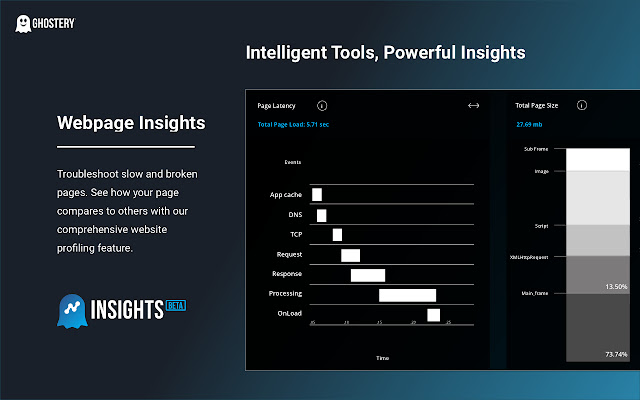
"When the market evolves, funding models either adapt—or fall behind."
The lights are on in global trading floors. Screens flash charts for forex, stocks, indices, commodities, and increasingly… crypto assets. Traders are stretching past traditional boundaries, testing new strategies in NFT collections, token ecosystems, and blockchain-driven economies. The question comes naturally: if prop firms back forex or equities traders, will they also extend funding to NFT or token-specific strategies?
It sounds like the perfect storm—your strategy plays the metaverse, the prop firm fronts the capital—but the reality is a little more nuanced.
Proprietary trading firms (prop firms) use their own capital to back traders. In exchange, the trader shares a cut of the profits, usually after proving skill via evaluation phases or simulated accounts. The model exploded in popularity with remote trading, making “funded trader” a career path possible from your kitchen table.
In traditional setups, asset classes are liquid, with historical performance data and lower risk of overnight market collapse (relatively speaking). Forex, futures, and stocks fit this bill. The crypto side—especially NFTs or token-specific plays—is still an unpaved road.
NFT trading strategies are different from buying ETH or BTC. Pricing is often subjective, liquidity is unpredictable, and entry/exit depends on smaller market niches. A Bored Ape might spike in value overnight because of celebrity hype, or collapse when the ecosystem loses momentum. Token-specific strategies also hinge on smart contract rules, DeFi liquidity pools, and governance updates—all factors prop firms historically don’t touch without extreme risk controls.
Main roadblock? Funding models are built on measurable risk projection. NFTs resist that because every collection is its own micro-economy. It’s like trying to fund an art dealer without knowing when the next exhibition will tank or blow up.
Some crypto-focused prop firms are dabbling in token trading. It’s usually within the bounds of liquid, high-cap coins, with strict limits on leverage and position sizing. NFT strategies are rarer—more common are firms offering capital for spot crypto trades, or algorithmic strategies built around DeFi yield farming.
One London-based boutique prop outfit told me they’ve trialed fractional funding for NFT arbitrage between marketplaces. The result? Volatility drained the test account faster than FX flash crashes. Lesson learned: without ultra-high liquidity, even funded NFTs feel more like venture bets than tradable assets.
For traders comfortable in forex, indices, and commodities, diving into NFT strategies feels like playing chess while somebody changes the rules mid-game. The edge? Those multi-asset skills—discipline in risk management, understanding of macro trends—transfer well into crypto’s wilder corner. If your prop firm accepts crypto positions, proving you can balance BTC trades alongside gold or EUR/USD might be the bridge to negotiating NFT funding.
DeFi lets traders bypass middlemen, hook directly into smart contracts, and automate strategies. It’s the perfect playground for token-centric plays—until blockchain congestion, oracle failures, or governance votes throw a wrench in execution. Prop firms watching this space know the potential, but the path to large-scale funding demands better safeguards.
Imagine prop firm bots analyzing thousands of NFT floor price movements in real time, executing swaps mid-block, adjusting positions through automated smart contracts—no human delay. AI-driven prop trading in decentralized environments isn’t sci-fi anymore; it’s one funding model away from reality.
If NFTs stabilize into predictable liquidity patterns—think blue-chip collections with transparent market depth—prop firms could standardize their funding criteria the way they did for crypto day trading. The same goes for token-specific strategies, especially those wrapped in programmable trading logic.
The short answer: rarely, and cautiously. Funding NFT or token-specific trading is on the fringe of prop firm practice, mainly because of liquidity risk and valuation volatility. The long answer? Watch the space—smart contract automation, AI analytics, and maturing blockchain markets could change that within the next few years.
If you want prop firm funding for NFT or token strategies:
Funding slogan to keep in mind: "From Wall Street to Web3—your edge deserves capital."
Another one for the risk-takers: "Trade the future. Funded or free."
NFTs and token-specific strategies aren’t shut out forever; they’re just waiting for the right funding framework. The prop firm that cracks this code could own the next frontier of trading.
If you want, I can add a side-by-side comparison table of traditional prop assets vs. NFT/token strategies to make the article pop visually—would you like me to? That could make this piece even more compelling for web readers.
Your All in One Trading APP PFD